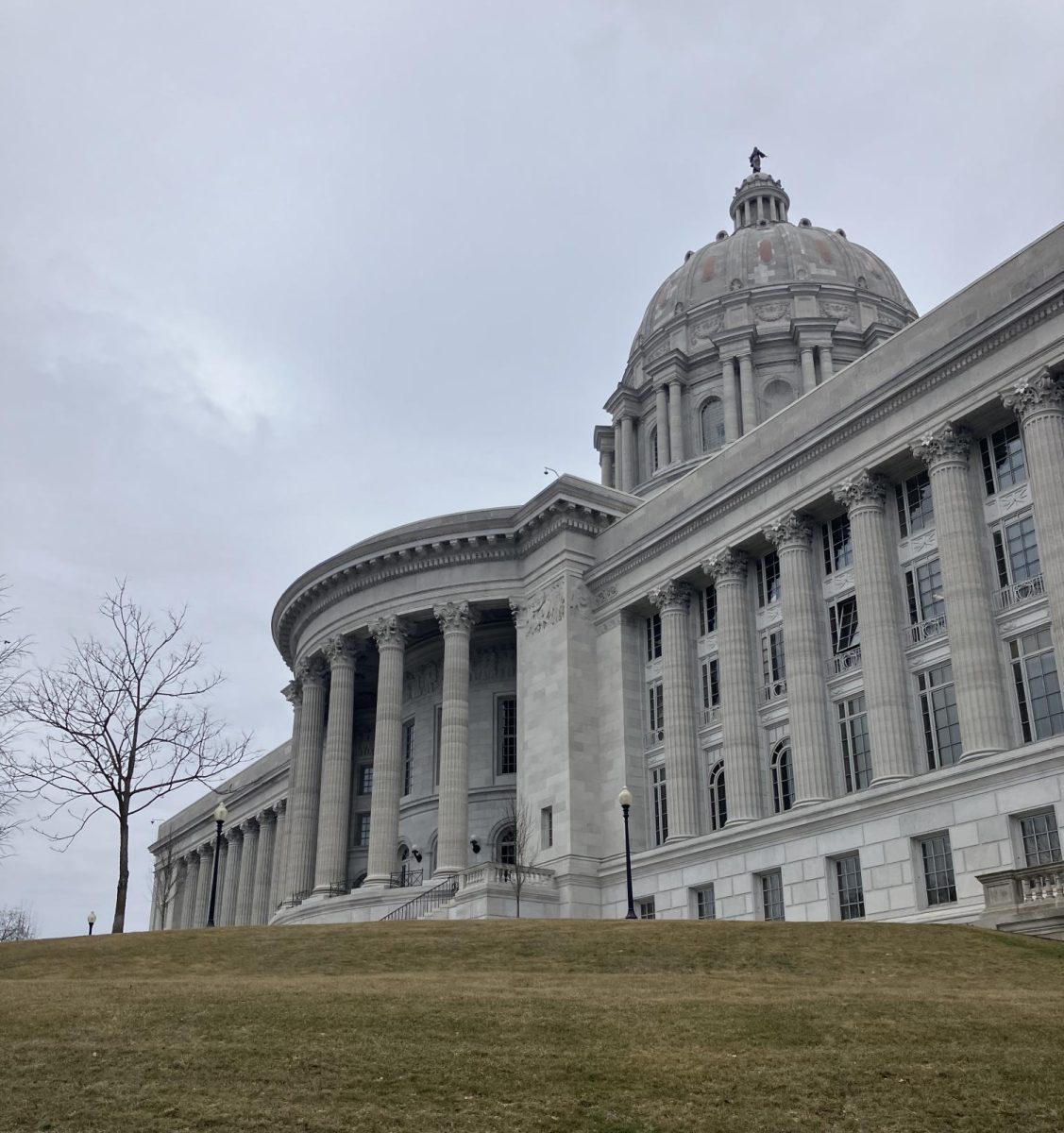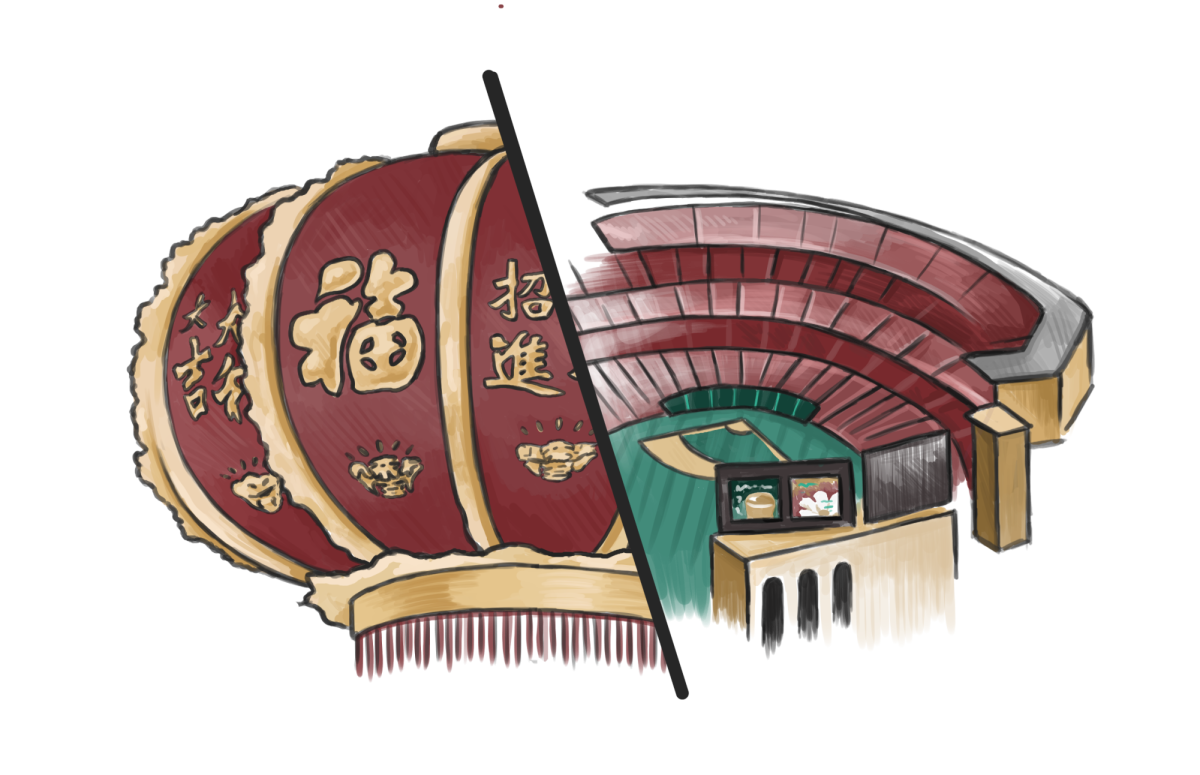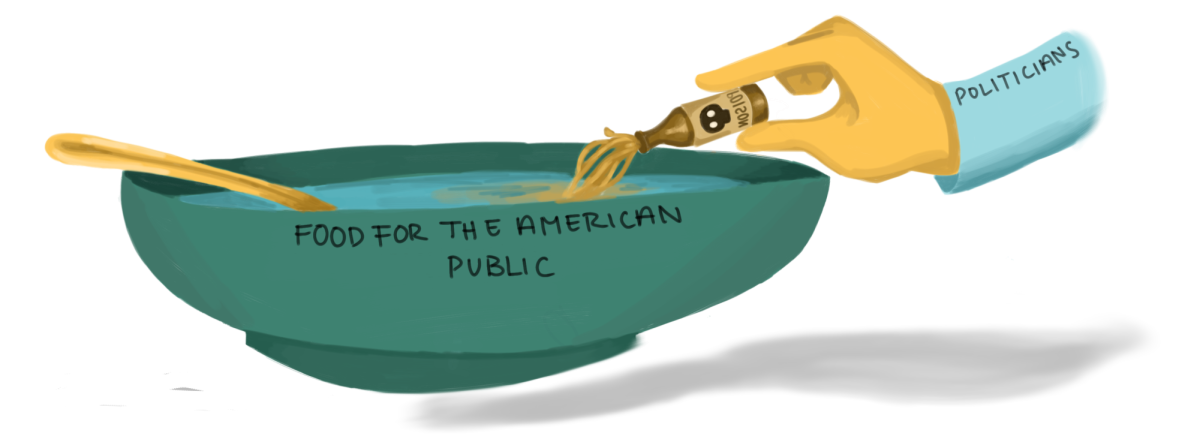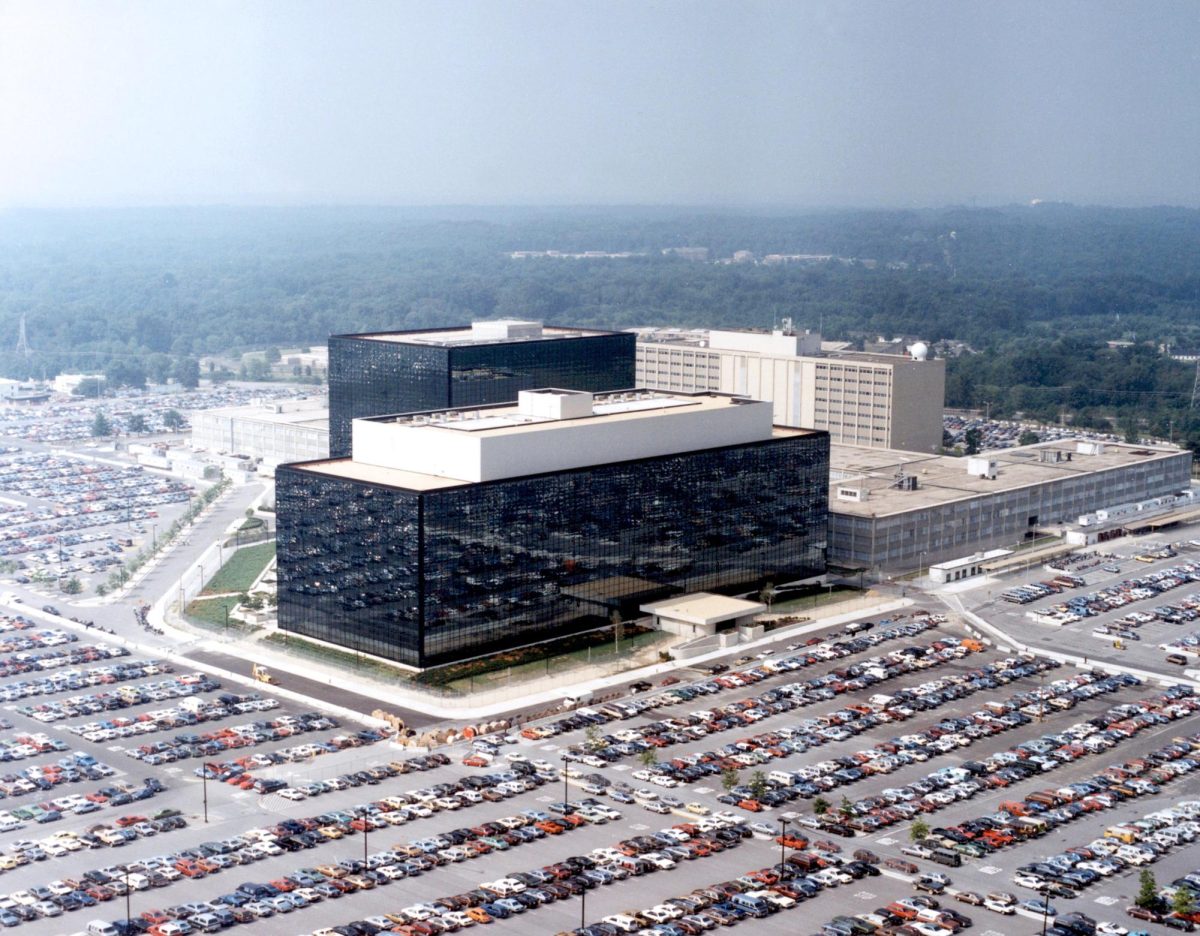Unblocking Potential
By allowing students to explore the internet within reasonable boundaries, schools can guide students toward responsible decision making. A study in “Tech Trends,” a journal of educational technology, shows when students are exposed to a broader range of online content, they are given the opportunity to exercise their judgment and learn to make advantageous choices.
When students graduate and enter adulthood, they will be expected to navigate the digital landscape without training; it will be an easily addictive presence in an already new, overwhelming environment. Students will eventually encounter the full scope of the internet with its vast information, opinions and risks. The American Library Association states, “The over-filtering creates barriers to learning and acquiring digital literacry skills that are vital for college and career readiness, as well as for full participation in 21st-century society.” The argument for looser web filters is not about abandoning responsibility, but rather about fostering it in a way that prepares students for the future and to be responsible digital citizens.
Topics like cyberbullying, respectful communication and digital footprint can be better understood by kids if they use the internet with trial and error. To illustrate, in today’s interconnected world, collaboration often happens online, for students and employees alike. It’s essential for students to safely engage in online projects, social networking and collaborative learning experiences like workshops, which are commonly used skills in the modern-day workforce.
Over time, these looser web filters will promote essential critical thinking skills and further allow students to properly traverse the Internet for credible, safe sources. A report by the Stanford History Education Group highlights how students encounter unfiltered information, they are forced to evaluate its credibility, prevalence and potential biases. The ability to discern reliable sources from misinformation is an important skill students need to cultivate, and looser web filters facilitate this process.
Coding Your Path
Introducing more computer science elements to classrooms, both in technology and non-technology based classes, will provide benefits to daily life, jobs and future prospects. In our current society, everyone is constantly using technology, and being able to fluently speak the language of computers can make daily life much easier.
A computer program can easily sort through junk email, keep track of groceries, and other daily tasks. The daily use of technology and computer science has led to a rapidly growing need for them in many, many fields, and a noticeable gap has formed between the workforce’s digital skills and the demand for those skills. A September 2021 analysis by the National Foundation for American Policy found that there was a 15 percent increase in the number of job vacancy postings related to computer science and technology in a period of six months. Having a proficient understanding in computer science opens individuals up to more resources, such as job openings or information on the internet.
Even for non-technology based jobs, there is a need for technology education. According to the Organisation for Economic Co-operation and Development’s (OECD) “Survey of Adult Skills,” 35 percent of Americans do not have basic digital skills and 32 percent can only use the most basic technology. However, having these basic digital skills can allow one to easily fix tech problems by themselves. For example, once I couldn’t connect to the public library’s wifi because it required a login page. However, by using the link 1.1.1.1, I used Cloudflare’s public DNS resolver to solve the issue.
There has become more of a natural need for more computer science classes, computer science elements in other classes, and a greater exposure to technology through looser web filters. Physically implementing this also isn’t challenging, as there are many common examples of using computer science in non-computer science related classes, including building a website, using artificial intelligence tools, and automating tedious tasks using computer scripts. These changes would allow educational establishments to prepare their students for the rapidly approaching digital age which would improve the futures of students everywhere around the globe.








